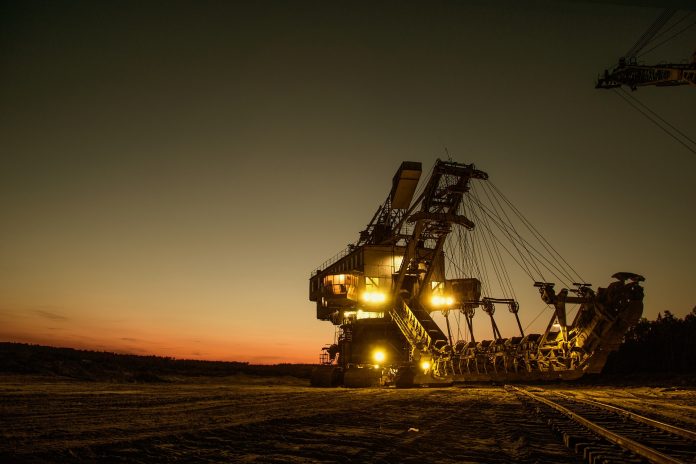By Jaak Daemen
Our nation’s bloated regulatory system is tough on mining companies which can’t afford costly delays in opening new mines. What’s even worse, the system is strangling the production of minerals and metals needed for the transition from combustion vehicles to electric cars and the development of solar and wind energy. This could well be the greatest of all dangers to American competitiveness and carbon mitigation.
For much of the past century, America was the center of hard-rock mining. first with gold and silver, with copper, with iron and steel and with countless minerals and metals for industrial production. Measured by patents, we are still the world’s technological center for mining innovation.
But increasingly, the marketplace tells a different story. Mining in the United States is in trouble, while China’s global dominance of the extraction and processing of critically important minerals like lithium, cobalt and rare earths continues to grow. Policymakers around the world are beginning to realize that many economies will be in peril unless governments take action to ensure that minerals and metals are supplied by a diverse mix of sources. Even European leaders know this.
Emblematic of this view is the European Union’s newly proposed Critical Raw Materials Act. It sets clear benchmarks for domestic capacities along the mineral supply chain. For example, it would require:
- Diversified minerals mining for at least 10% of the EU’s annual consumption;
- Diversified minerals processing for at least 40%;
- Minerals reprocessing for at least 15%;
- And not more than 65% of the EU’s annual consumption of each strategic raw material at any relevant stage of processing could come from a single third country.
Importantly, the measure would create secure and resilient supply chains for critical raw materials. So as to reduce the administrative burden involved in mining, it would simplify the permitting process for critical raw materials projects. Additionally, selected strategic projects would benefit from access to finance and shorter permitting timeframes (24 months for extraction permits and 12 months for processing and recycling permits). And EU countries would be required to develop national programs for exploring their own geological resources.
By contrast, U.S. mineral mining and processing is paralyzed by regulatory hand wringing. Today it takes on average seven to 10 years to process an application for a new mine, whereas in other mining countries it takes less than half that time.
Simply put, conservation is preferred over development in the U.S. Although the Biden Administration is providing financial assistance to U.S. mining companies to bolster the domestic supply of battery metals, it has placed land restrictions on millions of acres in northern Minnesota, southern Arizona, Alaska, and South Dakota, hamstringing development of raw materials needed for defense, clean energy technologies, and consumer products. In the latest action, the Administration placed 514,000 acres in Texas and Nevada off-limits to development, as part of President Biden’s pledge to protect 30 percent of U.S. lands and waters by 2030. These withdrawals have confounded many analysts who say that millions of acres of land are being placed off-limits to mining without first determining whether or not minerals deemed vital for our nation’s economy, defense and environmental well-being are beneath the ground.
We — the very country that always took pride in its competitiveness and know-how — is now the captive of domestic protectionism. At a time when the Biden Administration is failing to do its part to ensure mineral security, the European Union is stepping up to fill the void. Trouble is, the more vital a mineral is, the more heated international competition for access to it becomes. If real change to assure domestic mineral security is to take place, it must begin within the safe boundaries of the U.S.
Originally published by RealClearEnergy. Republished with permission.
To read more about domestic mining, click here.
To read more about critical minerals, click here.

























